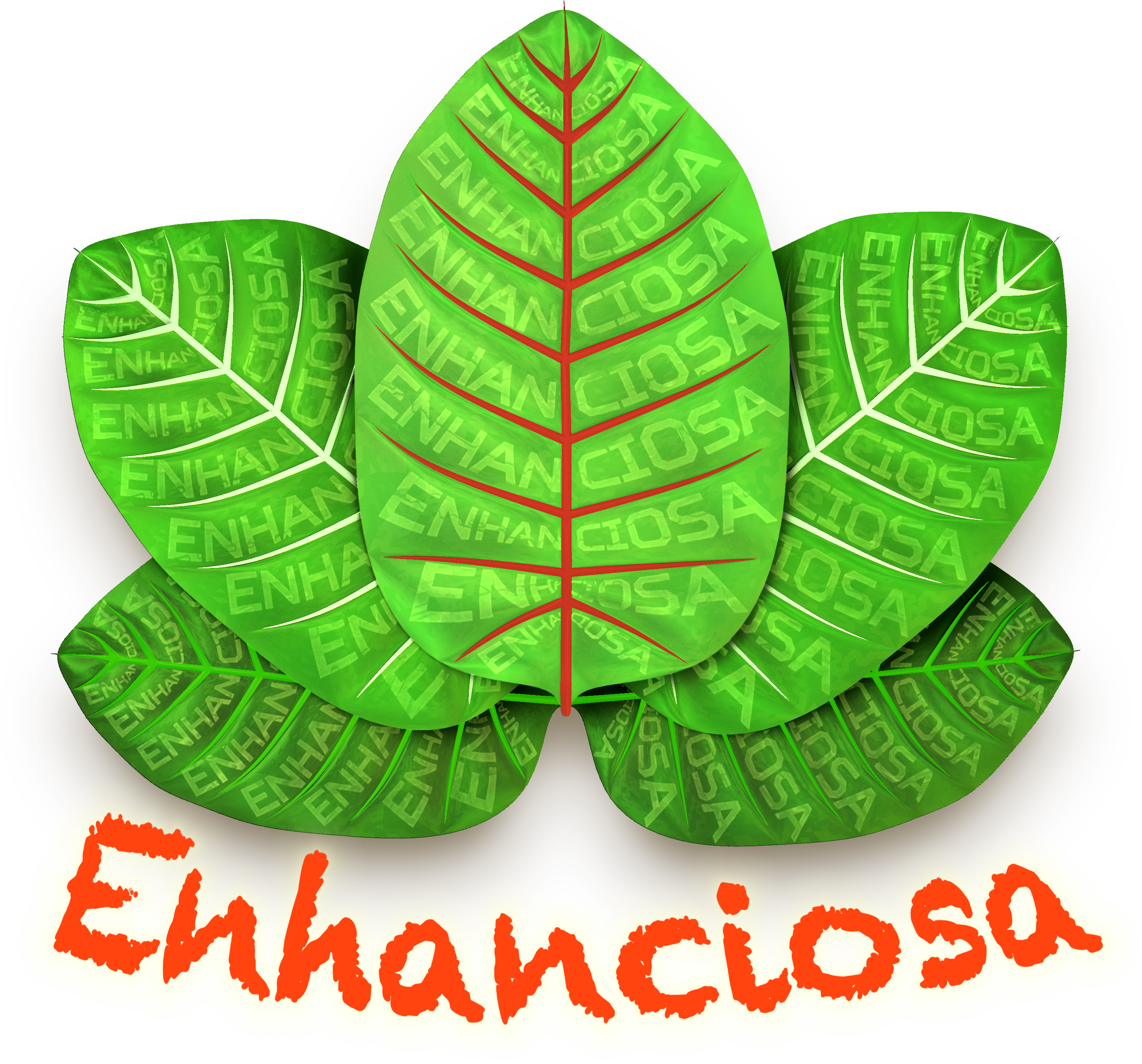Understanding Kratom Basics
In this section, we explored the foundational aspects of Kratom, a tropical tree valued for its medicinal properties. Mitragynine and 7-hydroxymitragynine, the primary alkaloids in Kratom, influence neurotransmitters, offering analgesic and relaxing effects. This understanding is crucial during pregnancy, where physiological changes add complexity. Despite diverse effects based on strain and dosage, limited research highlights the need for caution. Expectant mothers must assess risks and benefits, fostering informed discussions with healthcare professionals for personalized guidance in their pregnancy journey.
Safety Considerations during Pregnancy
Risks and Concerns:
Transitioning to safety considerations, it’s essential to navigate potential risks and concerns associated with Kratom use during pregnancy. Despite Kratom’s historical use, limited research exists on its specific impact on pregnancy outcomes. This lack of conclusive evidence emphasizes the need for caution and a vigilant approach when contemplating Kratom use during this delicate period.
Potential Interactions:
Adding to the safety considerations, exploring potential interactions between Kratom and common pregnancy-related factors is crucial. Hormonal changes, prenatal vitamins, and dietary considerations may intersect with Kratom’s effects. A nuanced understanding of these potential interactions contributes to a comprehensive view, allowing expectant mothers to make informed decisions aligned with their overall health and wellness goals.
Expert Insights and Medical Perspectives
Consulting Healthcare Professionals:
Transitioning into the realm of healthcare, it is crucial for expectant mothers to initiate open and informed discussions with healthcare professionals when considering Kratom use during pregnancy. This step ensures that personalized guidance is obtained based on individual health profiles, fostering a comprehensive and tailored approach to wellness.
Medical Community Perspectives:
Within the medical community, perspectives on Kratom and pregnancy vary. Understanding these viewpoints offers a broader context for expectant mothers. As medical stances evolve, this section emphasizes the importance of staying informed about the latest research and medical discussions surrounding Kratom’s role during pregnancy. This nuanced understanding encourages expectant mothers to integrate medical insights into their decision-making process.
Alternatives and Holistic Wellness Approaches
Exploring Alternative Wellness Practices:
As we consider holistic wellness during pregnancy, exploring alternative practices becomes paramount. From mindfulness techniques to herbal teas, expectant mothers have a spectrum of options to complement traditional approaches. Diversifying wellness practices contributes to a comprehensive and well-rounded approach tailored to individual needs.
Navigating contemporary uses of Kratom in the context of holistic wellness practices requires an exploration of alternative approaches that align with the ethos of pregnancy.
Conclusion: Navigating Kratom During Pregnancy
In conclusion, the relationship between Kratom and pregnancy is intricate, requiring a cautious approach due to limited scientific research. Acknowledging the potential risks and benefits, understanding Kratom’s basics becomes crucial for informed decision-making during pregnancy.
Prioritizing the well-being of both the expectant mother and the developing fetus is paramount. Holistic wellness practices, coupled with alternative approaches, offer a nuanced framework to tailor the pregnancy journey to individual needs.
In the absence of conclusive evidence, a careful and informed approach, guided by open communication with healthcare providers, is imperative. This exploration serves as a guide, encouraging a pregnancy journey marked by mindfulness, informed choices, and a commitment to holistic well-being.


